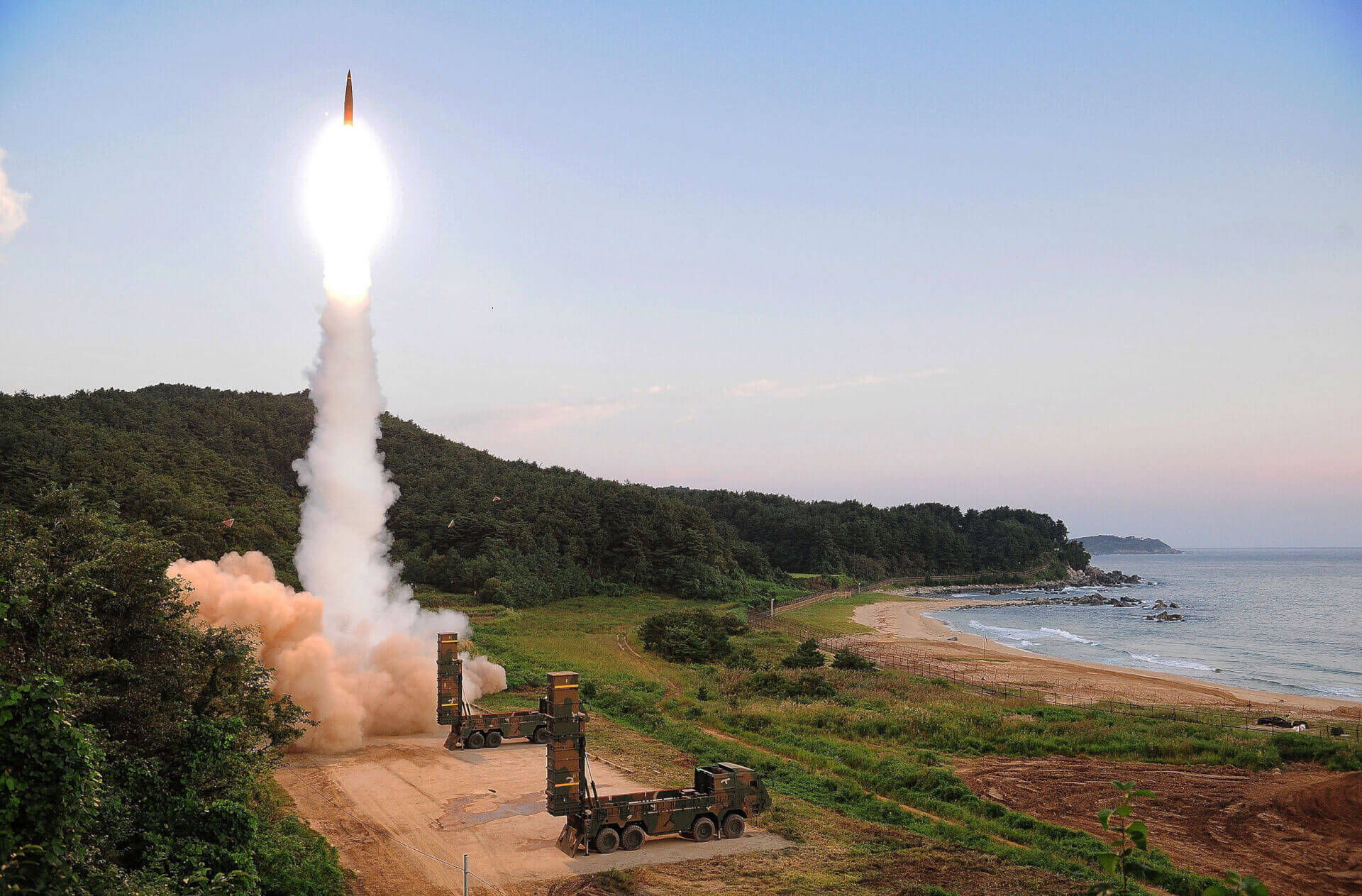A recent survey on the ‘North Korean Nuclear Crisis and Security Situation Awareness’ conducted by the Choi Jong-Hyun Academy revealed on Monday that 76.6% of 1,000 respondents believed that South Korea’s independent nuclear development is necessary.
Survey Results
The poll showed that 15.9% of the respondents strongly agree with the need for independent nuclear development, while 60.7% somewhat agree. Only 20.3% answered “not so much,” and 3.1% answered “not at all.”
Moreover, 77.6% of the respondents believe that North Korea’s denuclearisation is impossible, while 78.6% believe that the North will carry out its seventh nuclear test.
Wrapping up two days in Seoul, deepening #NATO’s close partnership with South Korea. We share values and concerns, including keeping pressure on Pyongyang to abandon its reckless missile & nuclear activities, and support for Ukraine. I look forward to doing even more together. pic.twitter.com/r5KZTs09Yl
— Jens Stoltenberg (@jensstoltenberg) January 30, 2023
Meanwhile, 64.1% said they do not think that China will make a substantial contribution to North Korea’s denuclearisation, while 35.9% believe that there is a possibility that China will help improve the situation.
Significance
The latest survey on the issue reflects a growing sense of urgency in the country, as the public’s need for independent nuclear development is higher than that reflected in previous polls.
A survey conducted by the Seoul National University Institute for Peace and Unification Studies last July showed that 55.5% of the respondents favoured the country pursuing independent nuclear development.
In a similar survey conducted by the Unification and Sharing Foundation in November, the approval rate rose to 68.1%.
Growing Regional Threats
Park In-guk, director of the Choi Jong-hyun Academy, said that “unlike before,” nuclear threat from North Korea has considerably advanced, due to which, there is “a growing concern that ‘nuclear weapons could actually be used.’”
In December, North Korea’s Supreme Leader Kim Jong-un hinted that his administration will continue its string of frequent missile tests in 2023 “under the multilaterally changing situation.”
North Korea’s Kim Jong Un guides the successful test-launch of its full ICBM since November 2017. Hwasong-17 is North Korea’s most powerful missile for nuclear attacks. pic.twitter.com/08po7Gk0JN
— Ashok Swain (@ashoswai) March 25, 2022
Last year alone, Pyongyang conducted eight intercontinental ballistic missile (ICBM) launches and more than 60 ballistic missile launches. In total, it has conducted 18 ICBM launches in its history.

